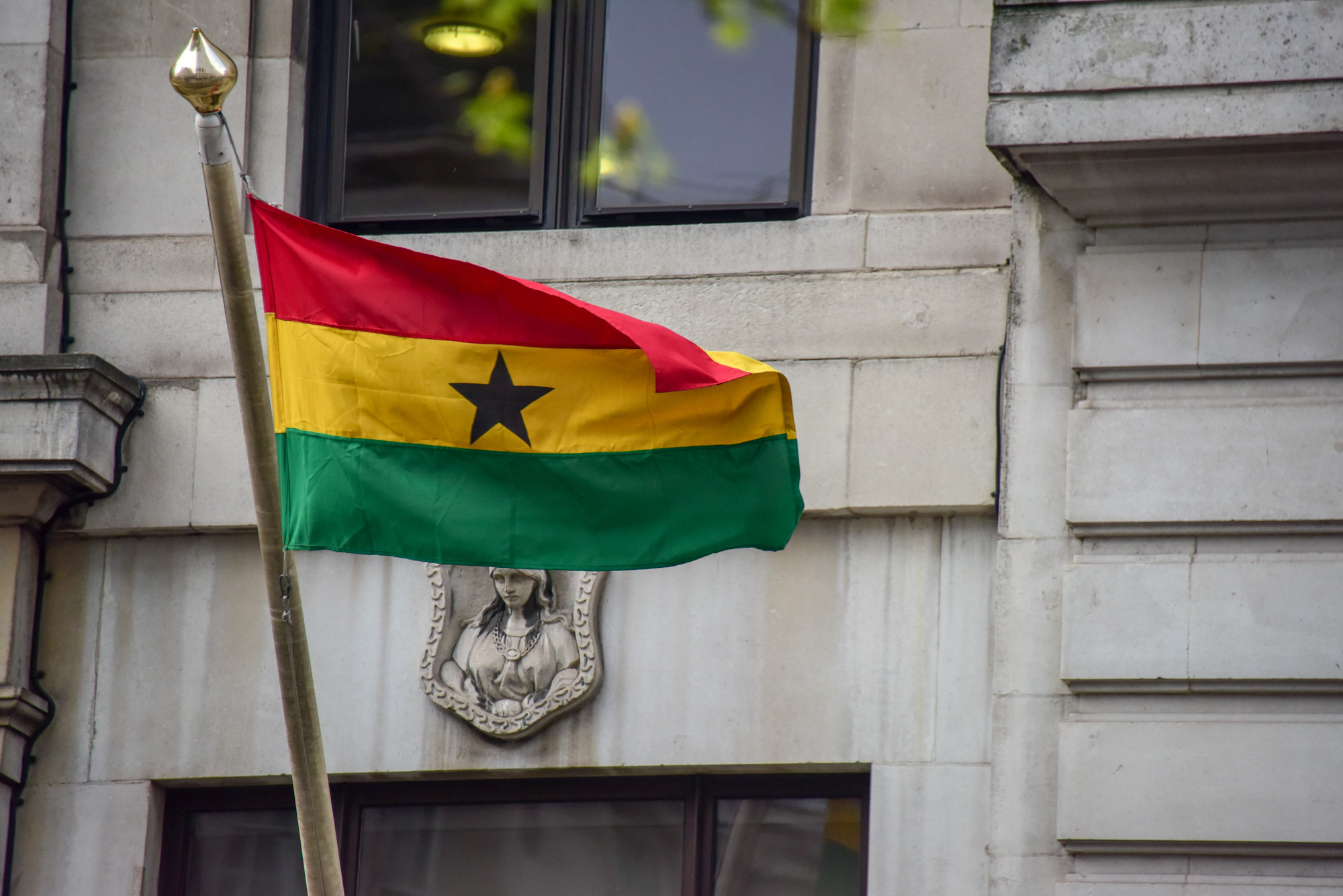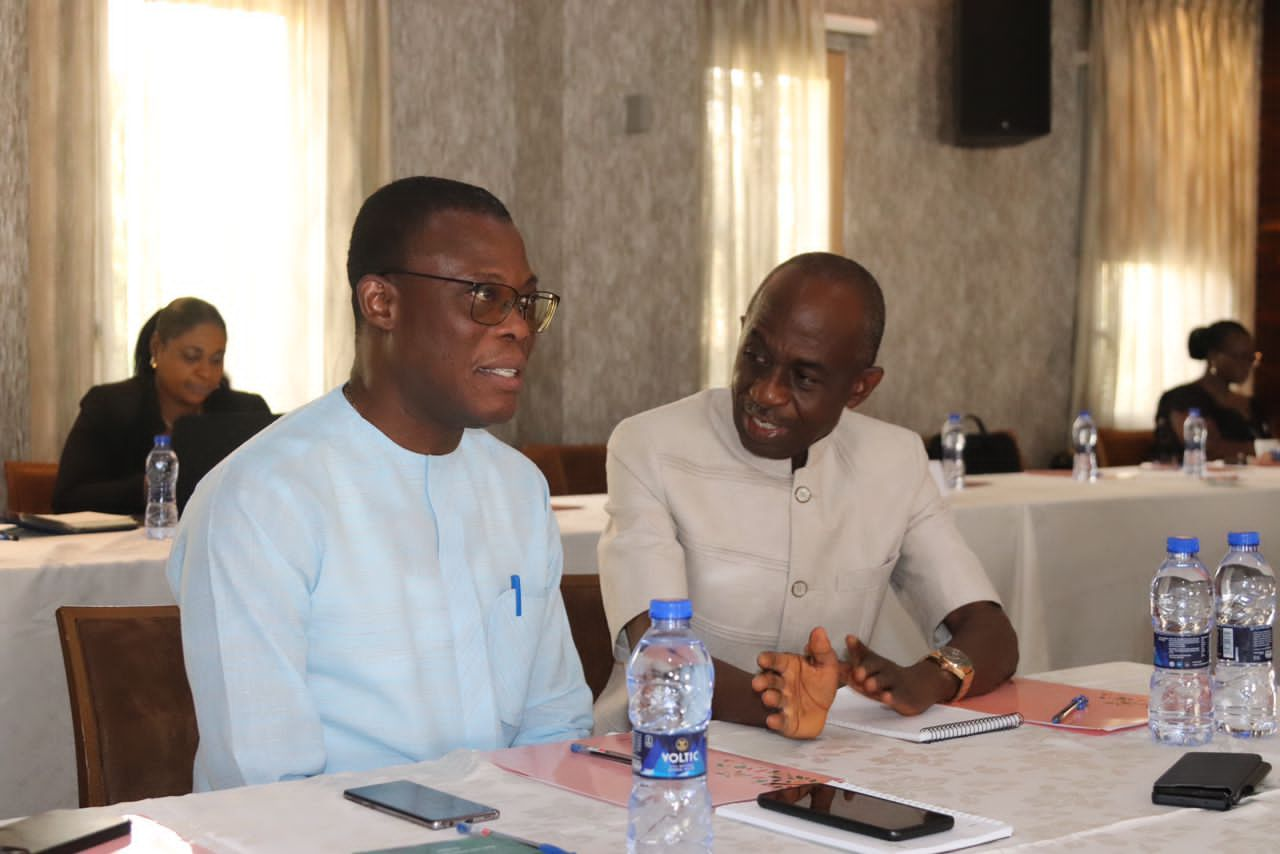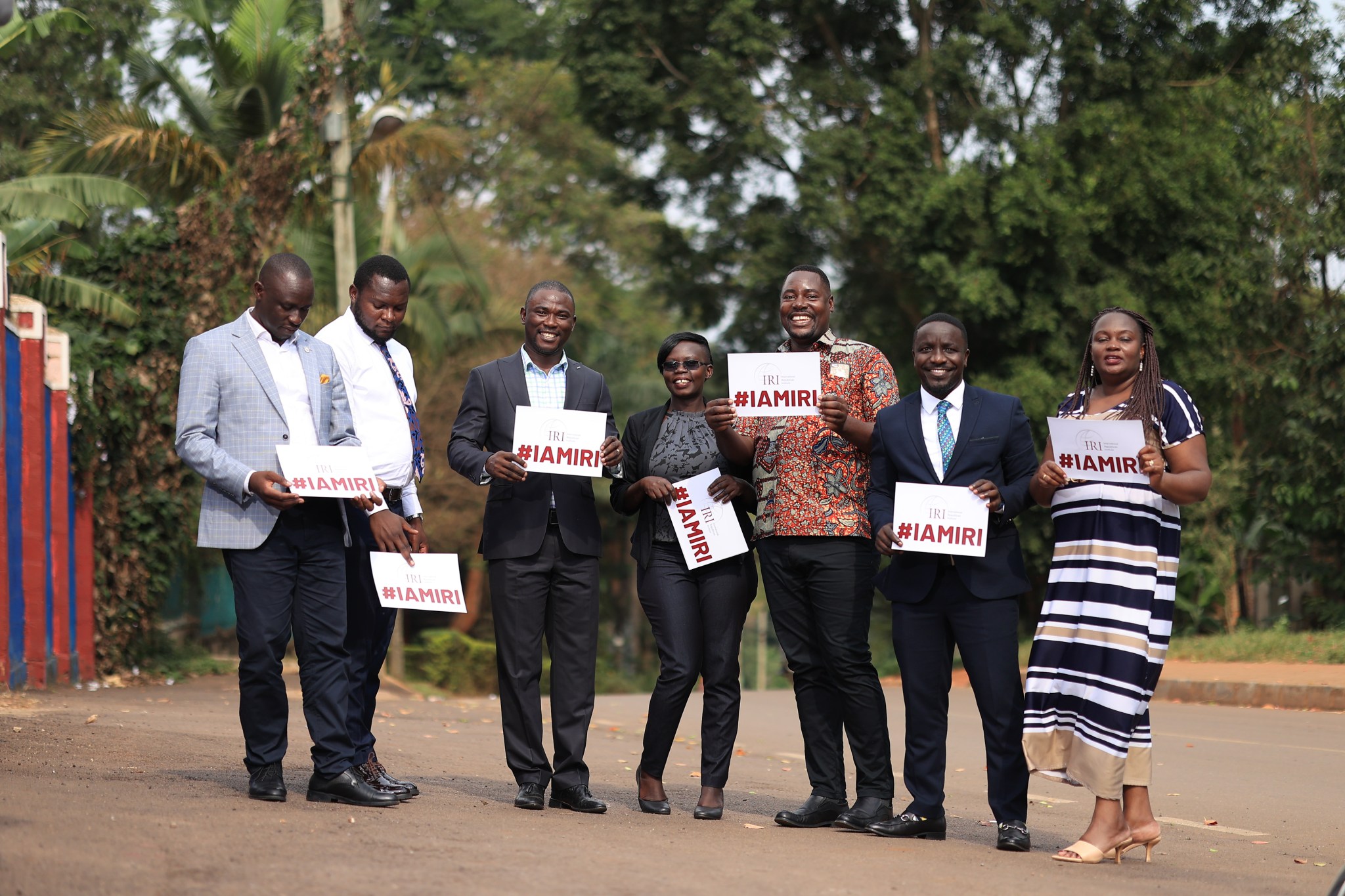Pioneering Partnership for Change: Collaborative Electoral Dispute Resolution

As Ghana prepares for the upcoming 2024 general election, the importance of ensuring a free and fair democratic process has never been more critical. Since 2020, across the Sahel, seven countries have experienced coups d’etats, forming what some analysts label a “coup belt.” Despite this trend, Ghana has a relatively enduring democracy, but showing signs of democratic backsliding. In this context, the collaboration between international and domestic organizations and Ghanaian civil society plays a pivotal role. The International Republican Institute (IRI) has achieved a significant milestone in fostering democratic resilience and conflict mitigation.
The signing of a Memorandum of Understanding (MoU) between the National Peace Council (NPC) and IRI represented a significant start to a dynamic collaboration that taps into the NPC’s vital role in resolving religious, chieftaincy, and electoral conflicts within the country. The MoU will enable IRI to support the NPC to organize essential quarterly inter-party dialogues, designed to spark innovative ideas, build consensus on electoral reforms, and proactively address potential threats to peaceful elections.
The December 14, 2023, joint CEPPS/IRI and NPC conference highlighted the power of this partnership to drive change. This gathering brought together influential stakeholders like the Electoral Commission, the Judiciary, security agencies, political parties, and civil society groups. The conference’s outcomes were actionable recommendations for electoral reforms and foundational steps for future consensus-building. These steps are critical for the legislative approval of the Constitutional Instrument, the body of laws that guide the electoral process in Ghana.
The highlight of the conference was the opposition party, the National Democratic Congress (NDC)’ s decision to re-engage in the Inter-Party Advisory Council (IPAC). The IPAC brings together various political parties with the Electoral Commission to collaboratively discuss and forge agreement on electoral processes and democratic governance. The NDC’s return, after abstaining since 2020 due to concerns over the Electoral Commission’s influence, marks a pivotal moment in strengthening IPAC’s role as an official consensus-building platform among political parties. This re-engagement is a testament to the power of persistent dialogue and inclusive engagement.

As one NDC member aptly articulated during the NPC conference, “It’s not about making the institutions better, it’s about bettering the commitments of the institutional players.” As he understood, the initiative is not just about conducting elections, it’s about strengthening the very fabric of democracy in Ghana, ensuring that every vote counts, and every voice is heard in the pursuit of a peaceful and prosperous future.

Democracy from a Local PerspectiveRead More Local Spotlights
IRI understands the importance of putting local communities at the heart of our work. Our ‘Local Spotlight’ stories share the impact of our work with communities and local partners.